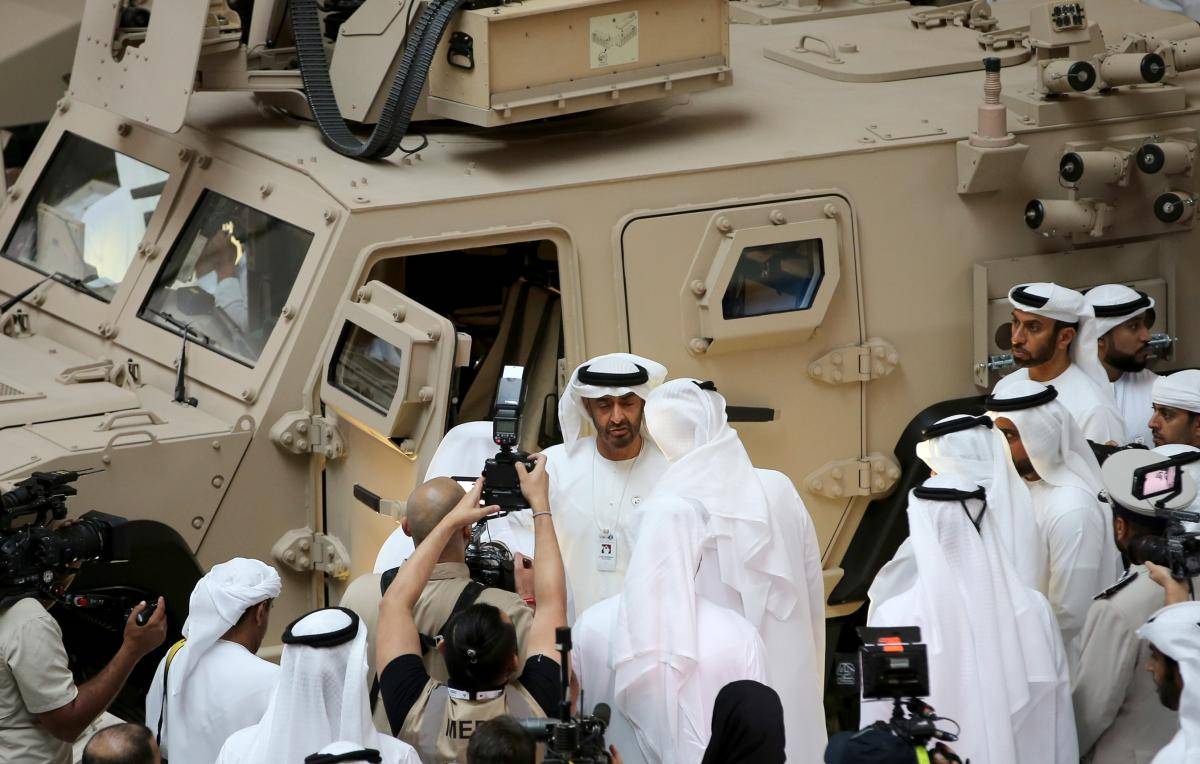The United Arab Emirates (UAE) has emerged as a significant player on the African continent, leveraging its economic and strategic initiatives to deepen its influence, involving investments in infrastructure, ports, and telecommunications, alongside military engagements and political alliances. However, UAE’s presence is not without controversy, particularly regarding allegations of neo-colonialism and human rights abuses, which cast a shadow over its intentions.
The UAE’s strategic foray into Africa is primarily linked to its economic ambitions and geopolitical aspirations. With the vision of diversifying its economy beyond oil dependency, the UAE has targeted Africa’s booming markets. Investments have flowed into critical sectors such as ports and logistics, exemplified by Emirati giant DP World’s expansive operations across African ports : it is set to invest 3 billion dollars in African ports in the next 5 years. Additionally, the UAE’s investments in renewable energy projects aim to address the continent’s energy deficits, yet, the country’s predominant position in the Horn of Africa also represents a strategic route for crude oil exports.
Militarily, the UAE has established a presence in key locations: the establishment of a military base in Eritrea and involvement in conflicts, such as in Libya and Somalia. These moves are driven by the UAE’s desire to counterbalance regional adversaries like Iran and Turkey, thereby securing its interests in the Red Sea and beyond. However, the UAE’s military interventions have been criticised for exacerbating conflicts and contributing to human rights violations. Not only in Libya, where the UAE’s support for General Khalifa Haftar has been linked to civilian casualties and breaches of international law, ousting the UN-backed government, but also in Sudan, where the UAE’s support for the Rapid Support Force (RSF) has exacerbated the conflict and worsened the refugee crisis in the country (for more information, read the recently published blog on the UAE’s role in the Sudan war).
The UAE’s activities in Africa have also been accused of neocolonialism. The UAE’s investments often prioritise Emirati interests, at the expense of others, leading to exploitative economic arrangements. Indeed, the acquisition of vast tracts of agricultural land in Sudan and Ethiopia has sparked accusations of land grabbing, displacing local communities and undermining food security. Not to mention the rush for “green-grabs”, in which the UAE’s land grabbing is used for environmental schemes and carbon credits, simply shifting the burden of cutting carbon emissions of major polluters onto rural communities in different African countries which depend on small-scale agriculture for a living.
In Tanzania, the UAE has been under scrutiny by various human rights groups for violently displacing the Maasai population out of their ancestral land to give way to a wildlife corridor for trophy hunting and elite tourism, utterly disregarding the Indigenous people’s rights to their traditional livelihood. This neo-colonial narrative is further fueled by the UAE’s extraction of Africa’s natural resources, often without equitable benefits to the host countries.
By supporting leaders with dubious human rights records, the UAE is prioritising strategic gains over the respect of fundamental human rights.
Emirati influence in Africa presents a complex and controversial narrative. While its investments hold the potential for significant economic development, the underlying issues of neo-colonialism and human rights abuses are omnipresent. These controversies challenge the legitimacy and ethical foundations of the UAE’s presence in Africa.
Stay tuned for a more detailed report on the UAE’s foreign policy in Africa.





